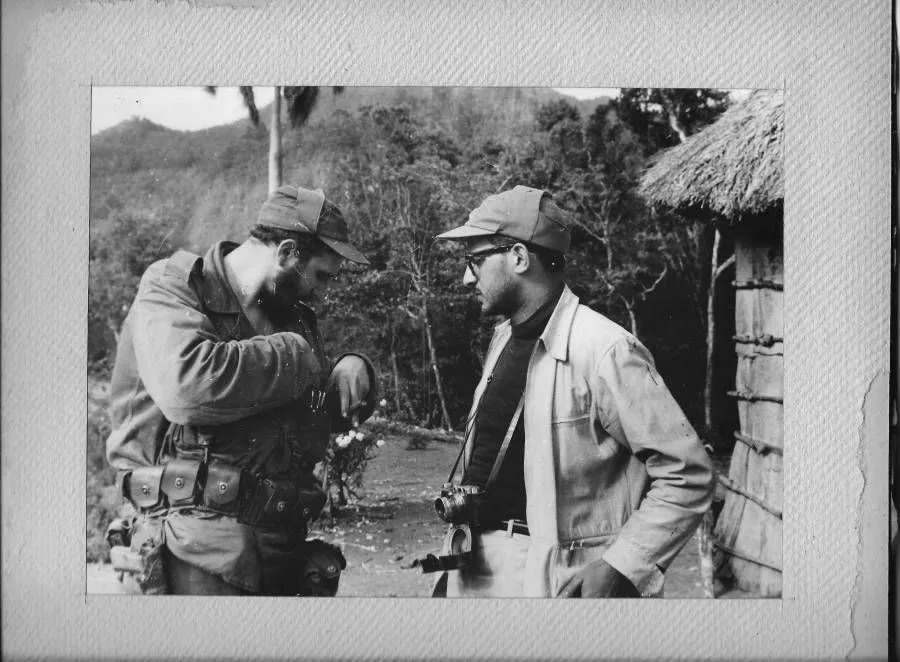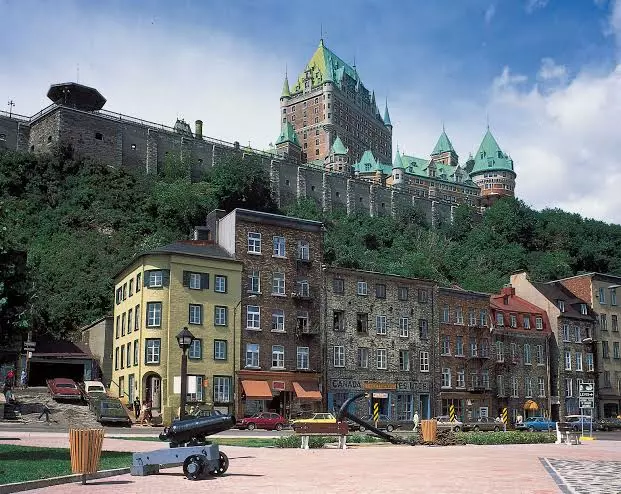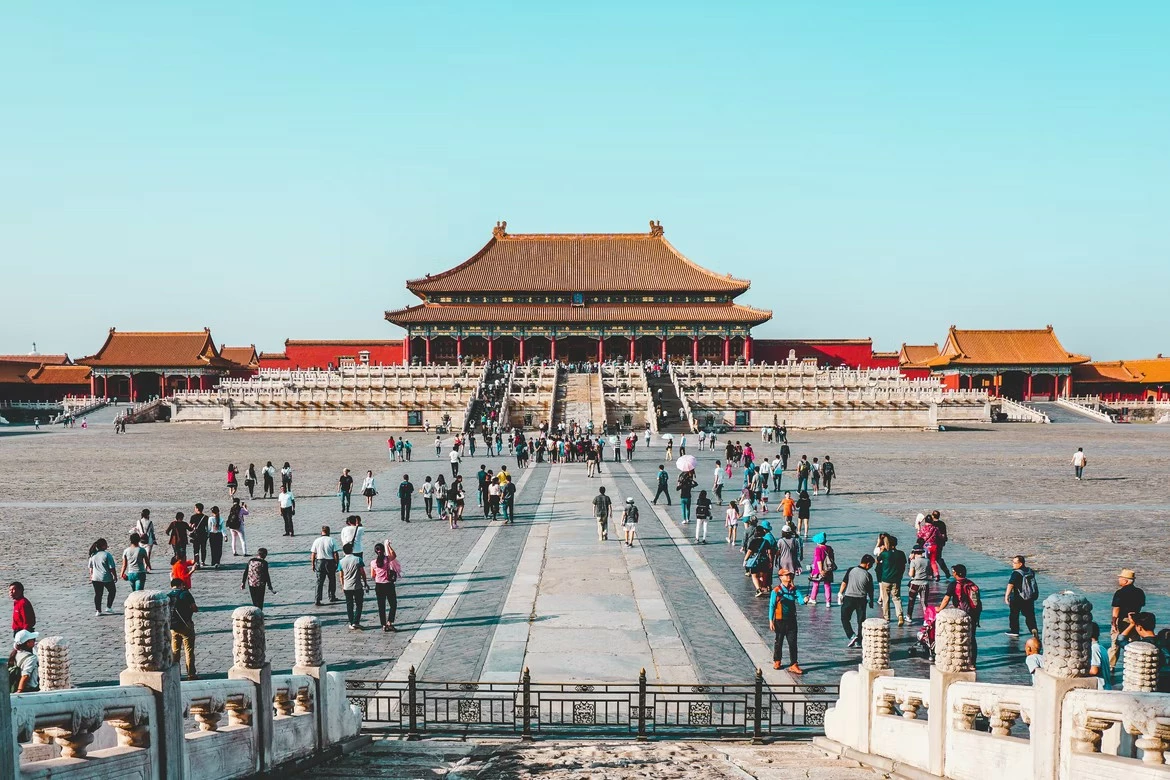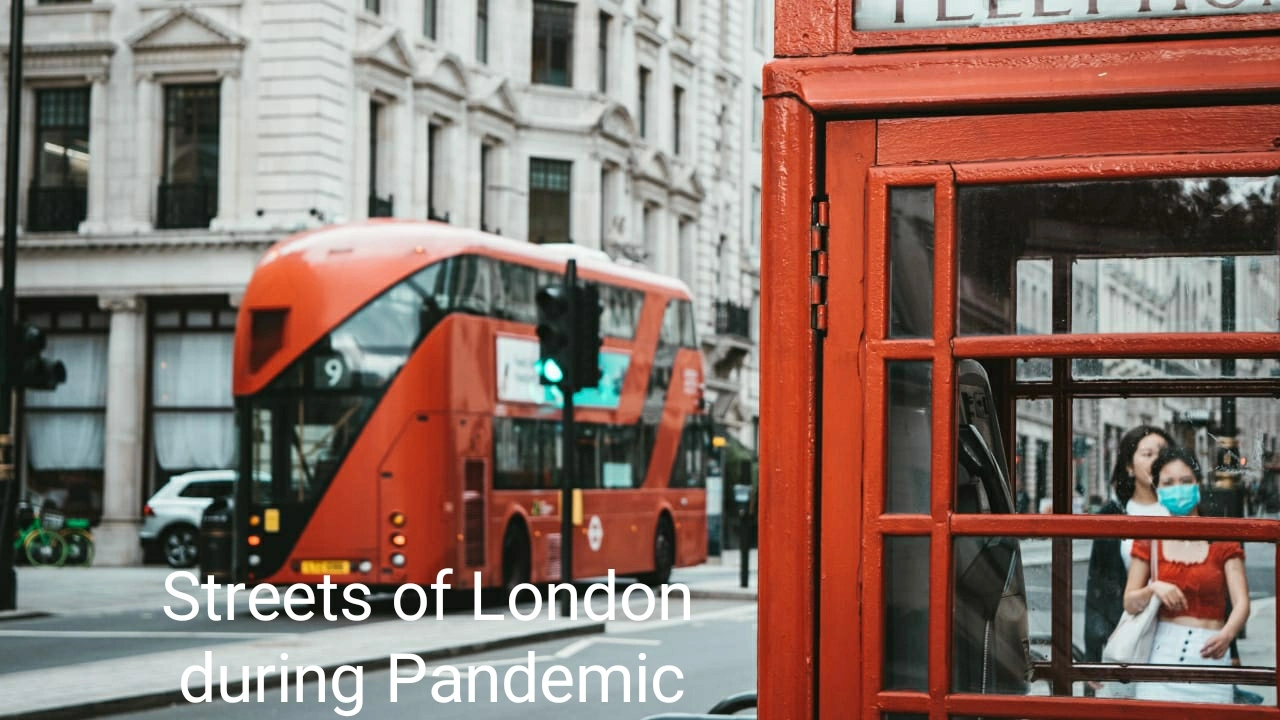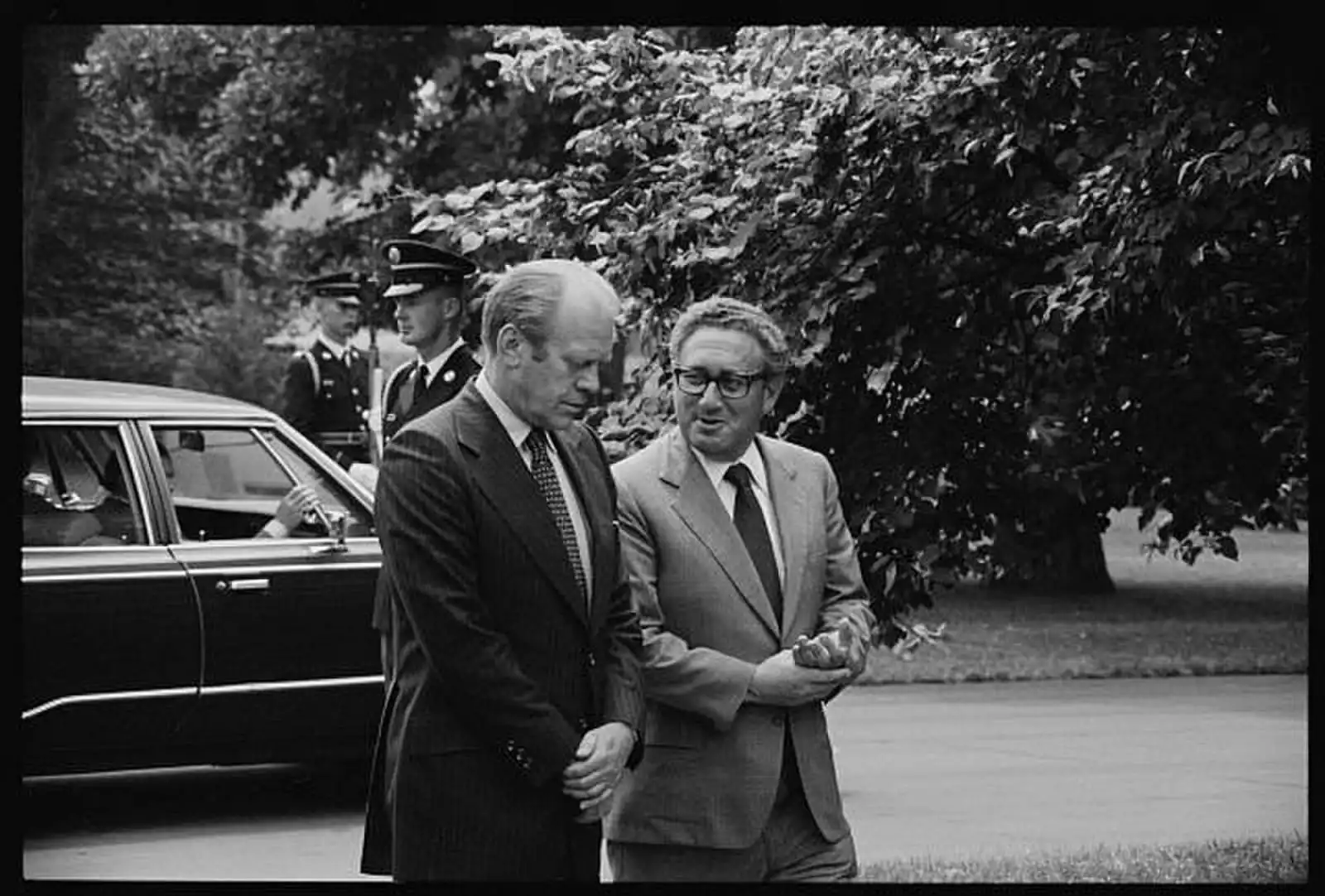Long long time ago, in the land called America, there was a city called Chicago. But this America was not the dreamland that every third-worlder aspires. It was a dismal place. It was an industrial hellhole. The way capitalism works is producing goods at the expense of workers and America was a prime example for these practices. On May 4, 1886 a riot broke out after some policemen shot a protester. In the aftermath eight people were convicted, obviously they didn’t work for the police. Seven were sentenced to death and one to a term of 15 years in prison. Did they fail then? The convicted people. Fortunately no. Eventually in the united states the forty hour work week came into being. The world recognised the events in Chicago and eventually May 1st became the international day for workers. In the US however, scared by the socialist origins of May 1st a new labour day was created.
Many years have passed. Empires rose and fell. The great soviet experiment imploded, china took a market oriented path. The left became more and more fragmented but the day remained. The question is, does it still hold the value? That’s a tough question to answer but from experience we know people need icons, people need something to believe in. When we look at the chasm of our capitalist existence, when all our hopes fade away, we see the red signs of may day burning amidst this chaos.
Things have changed for the worse. Though Marxist ideas have spread throughout the globe, left wing groups are more fragmented than ever. While in the United States and majority of European nations businesses have moved elsewhere leaving millions jobless, a hope for a huge mass movement dwindles like a dying candle. Looking at third world countries we see exploitation everywhere, sans any labour protection whatsoever.
People seems to have lost hope. They don’t dream about changing the world. In a chaotic world everyone is being driven by their bare survival instincts. They don’t see others as friends anymore, they rather view each other as competitors. A false god has risen, money, whose prayers say “survival of the fittest.” Does that make sense? It probably doesn’t but it has penetrated the very fabric of our individual lives.
How do we construct a labour movement in 21st century when no one goes to factories anymore? People don’t gather at their workplaces and discuss their common issues anymore. They live uncertain lives. As technology progresses we see more and more people being jobless. Technology was never supposed to replace workers, technology belongs to all of us and it should have reduced working hours for everyone? Did that happen?
In India, where most of the national industry is either gone or about to go away, the prospect seems far away. A new class of corporate workers has emerged. They believe in individualism and competition. They see at their neighbours situation and either pride or envy gets hold of them. They are not proletariats, they are pretty well off. Look at their houses. In India they get a decent salary to afford a nice flat or a huge tv. But they know at the depth of their superficial well being a danger lurks around. The old middle class with their small savings is disappearing fast and this new class of hyper individualistic, well off workers emerged who believe in ‘living in the moment’. They know, deep down, the moment may go anytime and they might end up on the streets if they miss one paycheck!
If we look at the silicon valley or New York, this new reality checks out. In India this might seem new but not in those places.
Somehow we need to organise a movement that involves not just the proletariat but the precarious as well. We can not organise people at factories anymore (in most of the cases) but we have a global technology that can spread words like a wildfire! We have to use that as well. We need dedicated people who can use this medium and organise people. We need to reach the precarious. We need to remove the veil in front of their eyes, so that they may observe and understand their existential crisis.
But, before all that happens, we need unity. We need unity on the basis of our collective suffering. We need to incorporate all the left movements that are going around the world. We need to rediscover Marx and understand his ideas, save any dogmatism. We need to employ logic as well as our hearts. It’s a long day ahead, the path is dark and weary travel awaits. But you know what- in this world ‘may day’ happened. When the going gets tough enough people show surprising abilities. They cross their mere mortal entities and become icons. In this darkness a glimmer of hope remains as a distant memory. A memory of May Day. we should never let their sacrifices go in vain. Let’s unite once more. We need fights on multiple fronts such as electoral, mass movement, labour movement, internet and also, prepare for the worst, hopefully you know what I mean. They will try to snuff out the candle but it is our duty to remember, to act upon their teachings, to protect the glimmer of hope. They are the modern day saints, who suffered a loss so that we may live a better life.
Long live May day, Long live the worker’s unity. Peace.

